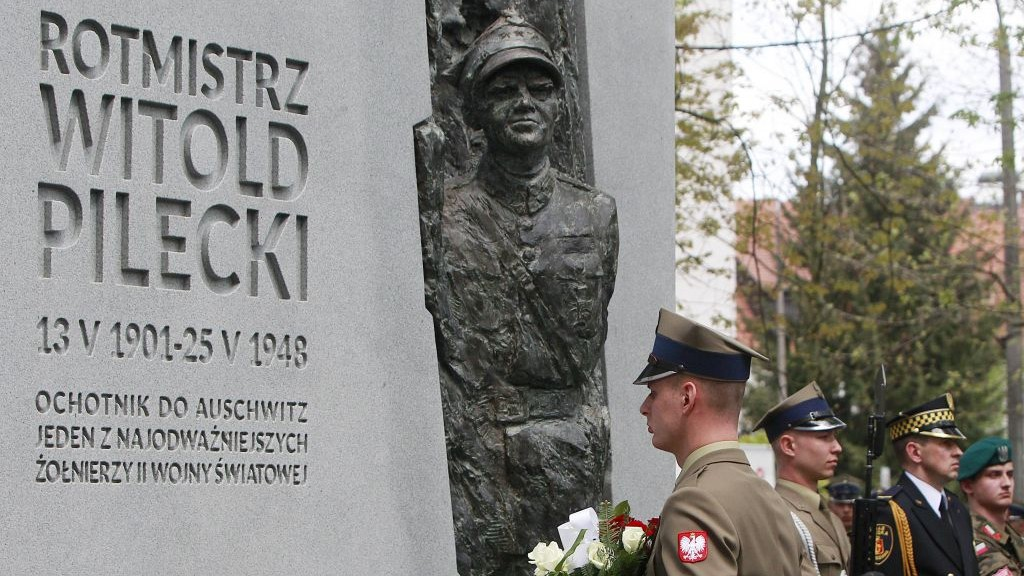Early Life and Military Career
Witold Pilecki was born on May 13, 1901, in Olonets, Russia (now in Russia). He grew up in a patriotic family with a strong duty toward Poland. Pilecki's early life was marked by his involvement in Poland's struggles for independence. He served in the Polish-Soviet War (1919-1921) and was awarded the Cross of Valor twice for his bravery.
The Outbreak of World War II
When World War II broke out in 1939, Poland was quickly overrun by German and Soviet forces. Pilecki joined the underground resistance movement, the Polish Home Army (Armia Krajowa), and worked tirelessly to fight against the occupying forces.
Volunteering for Auschwitz
In 1940, the Nazis established Auschwitz, which would become the most notorious concentration and extermination camp. Information about the atrocities being committed there was scarce, and the Polish resistance needed reliable intelligence. Pilecki came up with a daring plan: he would deliberately get himself arrested and sent to Auschwitz to gather information and organize a resistance movement within the camp.
Life Inside Auschwitz
Pilecki's plan was successful, and he was arrested in September 1940. Under the assumed name Tomasz Serafiński, he was transported to Auschwitz. Inside the camp, Pilecki witnessed unimaginable horrors. Despite the constant threat of death, he began organizing an underground resistance group, ZOW (Związek Organizacji Wojskowej).
Gathering Intelligence and Organizing Resistance
Pilecki's network managed to smuggle out vital information about the camp's operations, the number of prisoners, and the atrocities committed by the Nazis. He sent detailed reports to the Polish resistance, which eventually reached the Allied forces. These reports were among the first to provide concrete evidence of the Holocaust.
The Great Escape
In April 1943, after nearly three years of enduring the hellish conditions of Auschwitz, Pilecki and a few comrades managed to escape. They walked over 100 kilometers to reach safety. Pilecki's escape allowed him to provide firsthand accounts of the camp's horrors to the Polish resistance and the Allies.
Post-War Struggles and Legacy
After the war, Pilecki continued his fight for a free Poland, this time against the Soviet-backed communist regime. Unfortunately, in 1947, he was arrested by the Polish secret police, brutally tortured, and executed in 1948. For many years, his story was suppressed by the communist authorities.
It was only after the fall of communism in Poland that Pilecki's story began to receive the recognition it deserved. Today, he is celebrated as one of the greatest heroes of World War II, a symbol of courage, sacrifice, and unwavering dedication to the fight for freedom.
Conclusion
Witold Pilecki's story is a testament to the power of the human spirit in the face of unimaginable evil. His bravery and selflessness continue to inspire people around the world. As we remember his extraordinary life, we are reminded of the importance of standing up against oppression and fighting for justice, no matter the cost.



Comments
Post a Comment